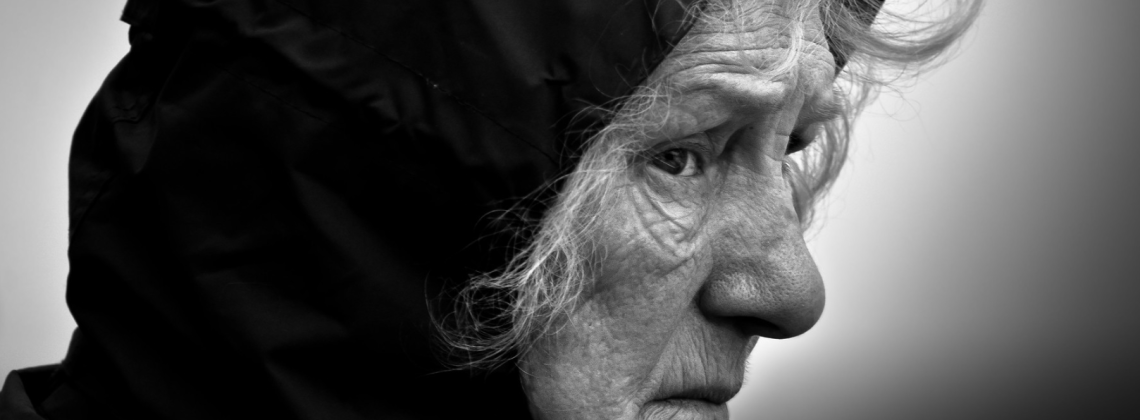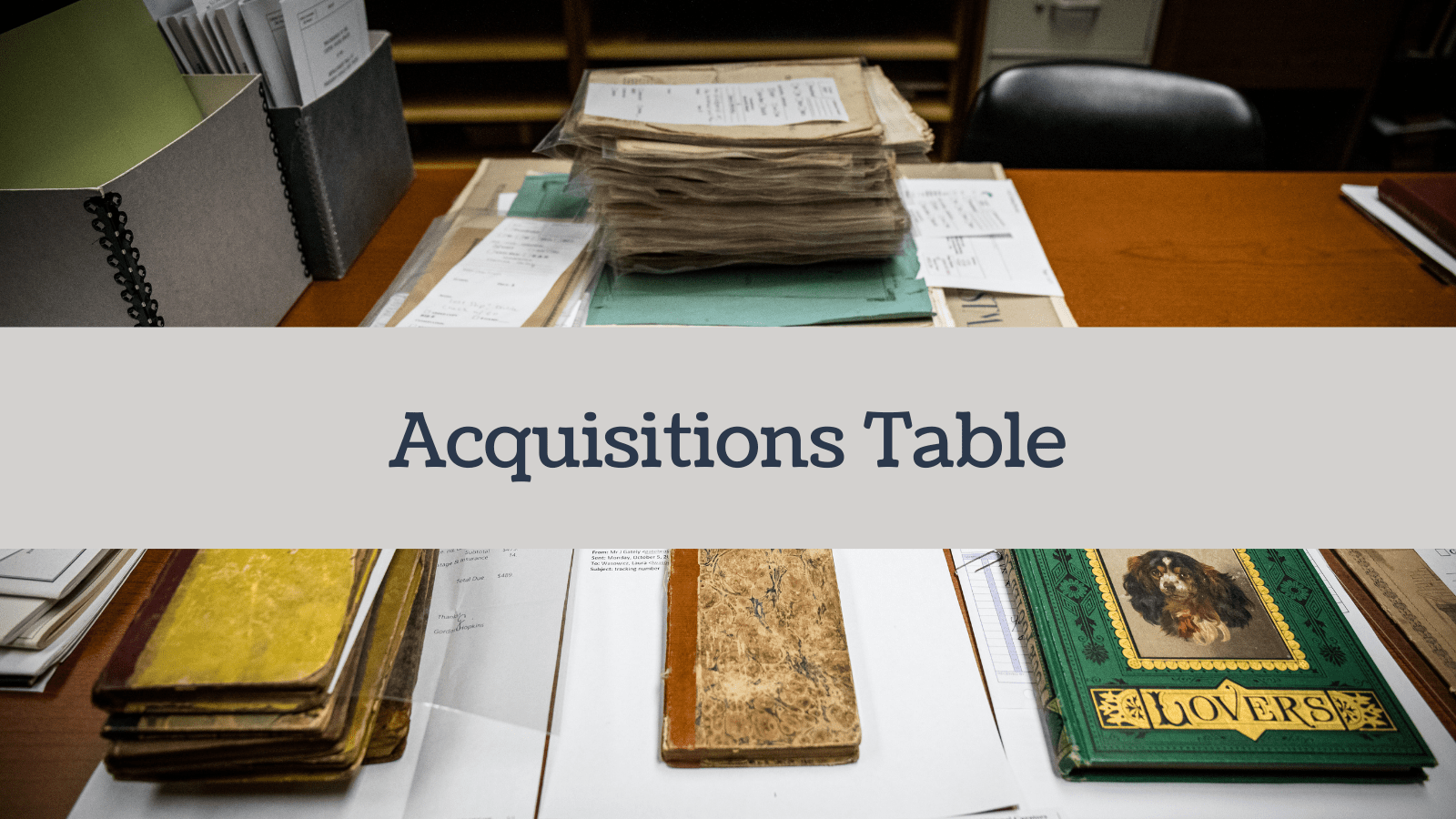



Sometimes a hoax can point you toward the truth
I had just gotten home when the emergency alerts started coming from campus:
POTENTIAL SHOOTER ON CAMPUS STAY AWAY FROM AREA GHEAVY POLICE PRESENCE IN THE AREA.
IF YOUR ON CAMPUS SHELTER IN PLACE. IF YOU ARE OFF CAMUS STAY OFF CAMPUS
The content of the messages was alarming enough, but the errors in spelling and punctuation made them more so. Nobody had time to copyedit. People only had time to hide.
* * *
I’m going to skip to the end of the story here. The shooter did not exist. Someone had called college authorities, claimed he had a bomb and a gun and a hostage, and said he planned to shoot a lot of people. That person was lying. The incident was a hoax. I now know the slang term for this: “swatting.”
Most of the news stories about the event have now been updated to reflect this happy, or at least non-disastrous, ending. The written word allows you to do that: compress time, organize chaos, limit confusion.
But real life happens off the page. And in the real time of real life, we spent three hours not knowing what the ending was going to be. Police helicopters growled overhead. Colleagues texted from campus, huddled under desks and in the dark, to report what they could see from their windows: blocked roads, police with guns drawn, students running. Some swore they knew the shooter’s precise location. Others heard what they said was a police standoff. One report, circulated online, had the suspected shooter running toward a campus dining hall. Students fled from the dining hall. There was word of two victims, maybe more.
We would all go back to what we call normal soon enough. But I can’t help but think that those three hours—the hours when people were huddling and texting, feeling small in the face of terrible and destructive forces—might better capture the normal psychic state of Americans these days. Sometimes a hoax can point you toward the truth.
* * *
In the last few years, Americans rapidly have become lonelier, more anxious, and more supportive of violence.
The Surgeon General declared a “loneliness epidemic” in 2023. Huge numbers of Americans report feeling isolated all the time. Levels of social trust are lower than ever before. Prescription numbers indicate growing rates of anxiety and depression. More than a quarter of young adults in the U.S. are struggling with anxiety. A majority of Americans say they worry actively about their safety, their nation, and their planet—and say they feel battered by external forces beyond their control. Even bigger numbers of Americans say the country is headed in the wrong direction. And pollsters are hearing more and more Americans say that they are open to violence if it might serve their political ends, whether it’s agreeing with the statement that “patriots may have to resort to violence to save our country” or cheering on Luigi Mangione. In terms of numbers, support for political violence is now decidedly in the mainstream of American politics.
Feeling small and isolated and anxious, huddling in the face of overwhelming forces and waiting for people with guns to fix it: That’s the real American normal.
* * *
In psychology, attachment theory teaches that children who have a “secure base”— usually a reliable caregiver—develop greater independence than children who do not. It makes intuitive sense: If you have a person you know you can count on to love and support you, you are going to be more willing to explore and put yourself out there. You are going to be better at developing relationships with other people, both because you have experience with healthy relationships and because you know someone will have your back if other people treat you wrong.
This isn’t just a personal-development lesson. It’s a political one. In his 1830s epic Democracy in America, Alexis de Tocqueville observed that political liberty tends to emerge—and can likely only be sustained—when people have a secure base. That’s because political liberty isn’t easy: It involves disagreement and uncertainty. It requires flexibility and responsibility. Political liberty puts burdens on each of us. Even if we know it is great to be able to make our own choices, it is scary to be able to make our own choices. The “spirit of liberty,” as Tocqueville put it, requires you to be able to navigate “a path without a term” and a “field without horizon.”
Tocqueville thought that the earliest Puritan settlers had been daring political innovators—and had sown the seeds for political liberty—because they had a secure base in the form of their religion. They could tolerate political discord and disorder because they had a firm sense of moral order. In that way, Tocqueville said, the “spirit of liberty” and the “spirit of religion” supported each other.
Tocqueville’s general observation might not require a religious grounding for political liberty. If people feel secure in other ways—if they feel that they can keep their families safe, or if they live in a supportive community of friends and neighbors, or if they think they have enough resources to endure periods of hardship—they are going to be better able to tolerate the disagreement and uncertainty that come with political liberty.
If people don’t have any of those secure-base feelings, though, they are going to be a lot less sure that political liberty is worth it. People who feel lonely, anxious, and out of control—people who are beset by feelings of chaos and formlessness—are less likely to have the confidence and patience required for liberal governance. They are more willing to give up their own freedoms and choices to people who promise to take care of them. And that’s more or less where the American people are today.
* * *
There are many stories about the state of American politics that focus on particular national figures or recent political trends, suggesting that if we could just get rid of this one person or tweak this one thing, we could heal the nation. But I don’t think any of those accounts go deep enough. Today, most of the problems we think we see in American politics—polarization, misinformation, surveillance, sane-washing, power-grabbing, threatening, and so on—are in fact symptoms of much deeper problems.
The conditions of American life feel leaner and meaner all the time. Picture the nation, all of us hiding in our homes and doomscrolling on our machines: lonely, anxious, disconnected, and waiting for some kind of late-breaking news—or some group of men with guns—to save us. But unlike the story of what happened on my campus, there’s no simple hoax that can be declared, to bring everyone out of hiding.
The best hope I can offer here is that, as always, the truth can be a kind of secure base. As James Baldwin once said, nothing can be changed until it is faced. We cannot venture forth into the place of alternatives until we acknowledge the landscape of the status quo. The truth may be scary, but there is security in it, which is maybe one way to think about the old saying that the truth sets us free.
Susan McWilliams Barndt is Professor of Politics at Pomona College in Claremont, California. She has authored and edited numerous books including A Political Companion to James Baldwin (2017) and The American Road Trip and American Political Thought (2018).







